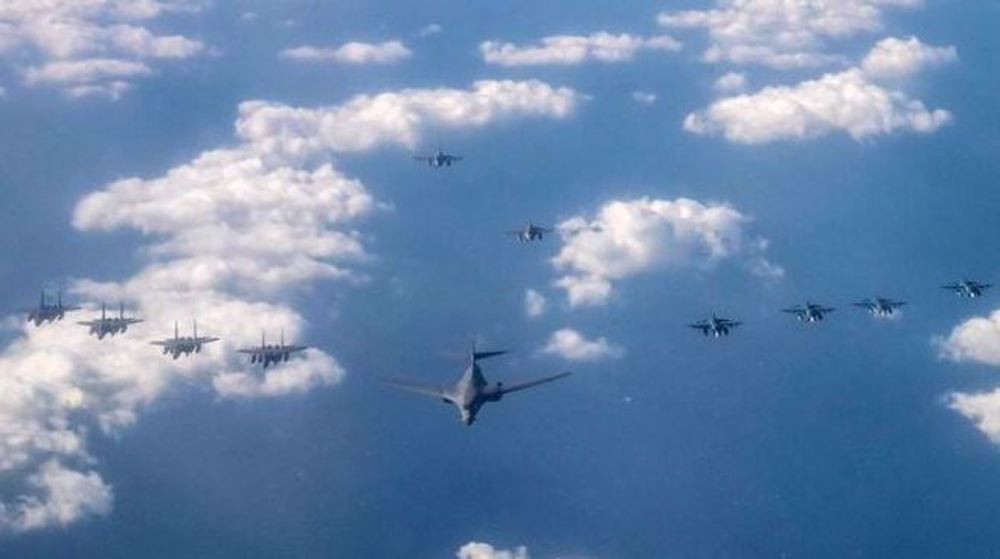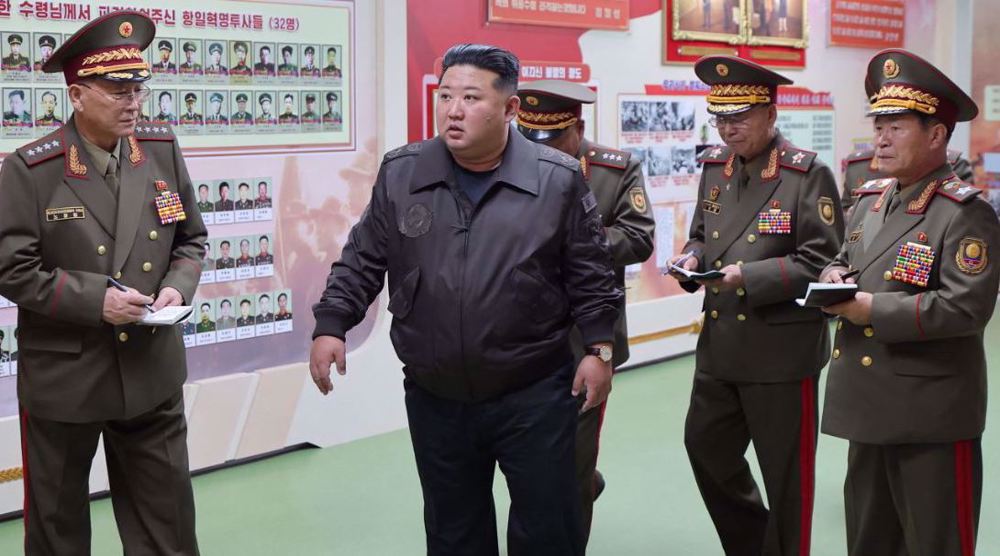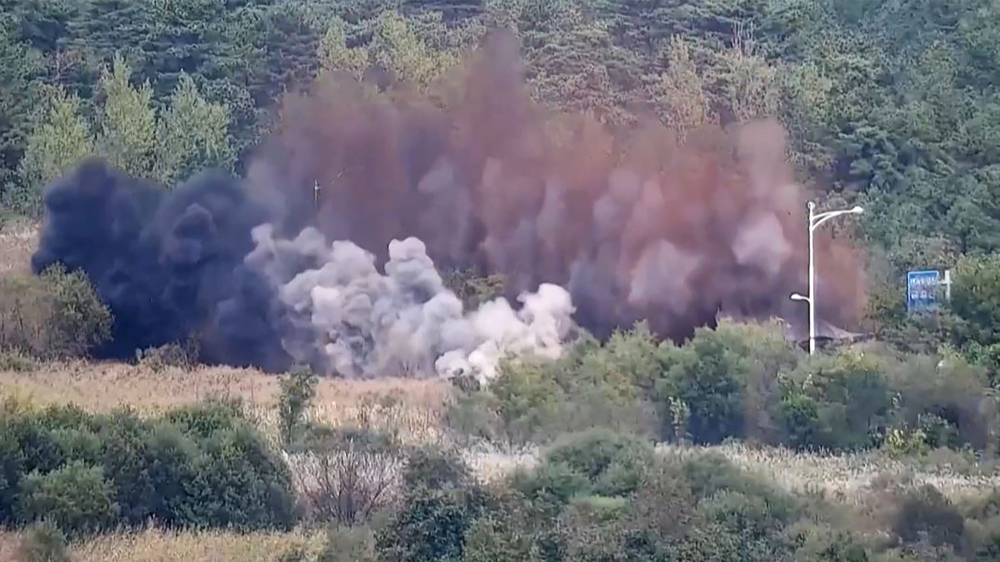China, Russia urge calm, dialogue after North Korea missile test
Russian Foreign Minister Sergei Lavrov and his Chinese counterpart Wang Yi have urged dialogue and restraint to cool down the current confrontations on the Korean Peninsula.
The two diplomats said in a recent joint statement that the international community should take collective measures to settle the current crisis peacefully instead of pushing it to an armed conflict.
The ministers said the countries concerned should exert restraint rather than make provocations. Military means should not become an option, said the two diplomats.
They also welcomed a Beijing-proposed dual-track approach of advancing denuclearization and establishing a peace mechanism in parallel. In this process, all parties concerned should be committed to establishing a regional security mechanism that is acceptable for all, the two ministers said.
Moscow and Beijing have encouraged simultaneous negotiations among rival parties to map out general principles of their relations, including the non-use of force, non-aggression, peaceful coexistence, and the willingness to solve the peninsula issues once and for all.
The UN Security Council resolutions should be fully implemented, said the statement, explaining that North Korea's reasonable concerns should be respected.
They also said the missile firing by North Korea was "unacceptable" and the move gravely violated relevant UN Security Council resolutions.
A proposal for de-escalation
Russia and China earlier called on North Korea, South Korea and the United States to sign up to a Chinese de-escalation plan designed to defuse tensions around Pyongyang's missile program.
The plan would see North Korea suspend its ballistic missile program and the United States and South Korea simultaneously call a moratorium on large-scale missile exercises.
The initiative was set out in a joint statement from the Russian and Chinese foreign ministries issued shortly after Russian President Vladimir Putin and Chinese President Xi Jinping held wide-ranging talks in the Kremlin.
"The situation in the region affects the national interests of both countries," the joint statement said, adding, "Russia and China will work in close coordination to advance a solution to the complex problem of the Korean Peninsula in every possible way."
It also demanded that the United States immediately halt its controversial deployment of an anti-missile system, known as the Terminal High Altitude Area Defense (THAAD), to South Korea.
North Korea has successfully test-fired an intercontinental ballistic missile (ICBM), which it claims is capable of hitting anywhere in the world.

The Hwasong-14 ballistic missile reportedly reached an altitude of 2,802 kilometers (1,741 miles) and hit its target precisely after flying for 39 minutes.
The latest test came just hours after US President Donald Trump and Japanese Prime Minister Shinzo Abe agreed to exert added pressure on North Korea over its missile and nuclear development programs.
On June 3, the United Nations Security Council imposed a fresh array of sanctions on North Korea in response to a number of missile tests carried out by Pyongyang this year.
Unsettled by North Korean missile and nuclear programs, the United States has adopted a war-like posture, sending a strike group and conducting joint military drills with North Korea’s regional adversaries Japan and South Korea.
North Korea accuses the United States of plotting with regional allies to overthrow its government. Pyongyang says it will not relinquish its nuclear deterrence unless the United States ends its hostile policy toward North Korea and dissolves the US-led UN command in South Korea.
48-year-old Palestinian man serving 48 life terms completes 22 years in Israeli jails
From MKO to Tondar, how Germany became safe haven for anti-Iran terror groups
Hamas open to any proposal aiming to end Gaza war: Hamdan
Role of private sector in Iran’s thriving space industry
Four Palestinians killed in Israeli strikes on West Bank
Iran warns of ‘calculated, precise’ response to Israeli aggression
After year-long genocide, Israeli military hires private firms to flatten buildings in Gaza
Malaysia working on resolution to expel Israel from United Nations










 This makes it easy to access the Press TV website
This makes it easy to access the Press TV website